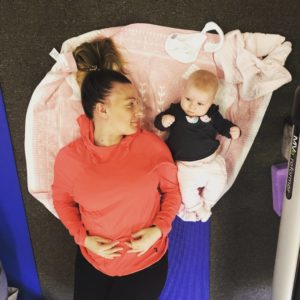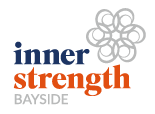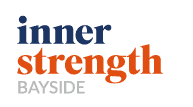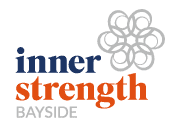Tummy Separation
Let’s talk about what’s often referred to as abdominal separation, otherwise medically known as Diastasis Recti Abdominis or DRAM.
 First things first – You are not alone! 66-100% of women experience some form of tummy muscle separation in their 3rd trimester and half of those women will continue to have it for approximately 3 months post-partum. It is also no secret that it can significantly impact a woman’s self-esteem, body image and quality of life post-partum (also referred to as post-natal). We do not take this lightly, as we want all women to feel as amazing and powerful as you already are for growing a baby inside of you and THEN giving birth.
First things first – You are not alone! 66-100% of women experience some form of tummy muscle separation in their 3rd trimester and half of those women will continue to have it for approximately 3 months post-partum. It is also no secret that it can significantly impact a woman’s self-esteem, body image and quality of life post-partum (also referred to as post-natal). We do not take this lightly, as we want all women to feel as amazing and powerful as you already are for growing a baby inside of you and THEN giving birth.
Myth buster – you do not have a giant gaping hole in your abdomen. Abdominal separation is actually just the expansion of a stretchy connective tissue in between your two six pack muscles called the ‘Linea Alba’. It is caused by a surge of hormones during pregnancy that allow this tissue in your body to expand and make room for the growing fetus – pretty incredible!
However, this separation often leaves lots of women post-partum feeling “weak” around their pelvis and lower back region and makes these areas more vulnerable to injury.
It is not all gloom and doom though. there is absolutely action we can take.
In the first 6-12 weeks post-partum a compression garment such as tubi grip or specific compression recovery shorts will assist in making your abdominals and lower back feel more supported in the short-term.
Some other things you can do to manage and improve your abdominal separation longer-term are:
1. Avoid straining or bracing your abdominals, for example – with crunch exercises, sitting directly upright from a lying position (try to roll onto your side first) or lifting very heavy objects.
2. The current research tells us that a Physiotherapy-led exercise program that includes deep core muscle strengthening is an effective approach in increasing core stability, reducing the size of the abdominal separation and as such reducing back pain long term.
We can absolutely help you with this.
Come and see us for a post-natal assessment and some gentle exercises to get you started on your journey back to feeling stronger.
Written by Gabi Levitan, Physiotherapist.


